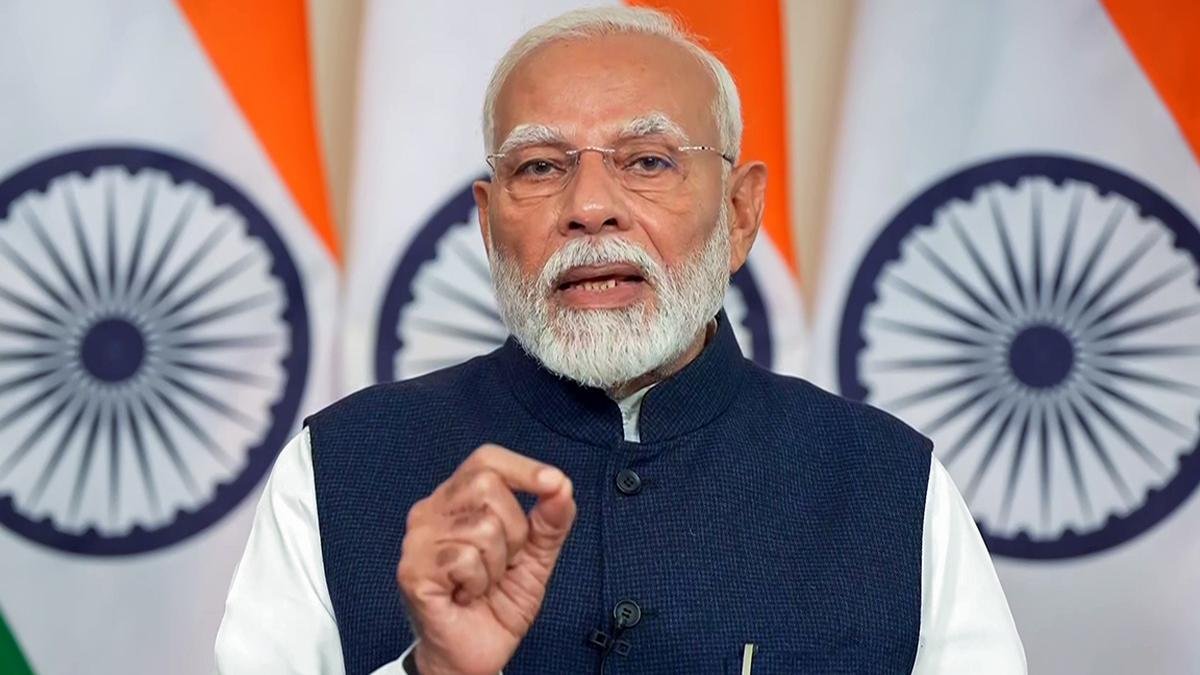💣 Shadow Over Skies: Did Pakistan Help U.S. Bomb Iran’s Nuclear Sites Using pak airspace?
Pak Airspace Used in Bombing Iran N-Sites? Tehran Points Finger, Islamabad in Denial Mode
In a sensational geopolitical twist, multiple intelligence leaks and regional reports suggest that Pak airspace and military support were covertly used by the United States to launch the devastating airstrikes on Iran’s nuclear infrastructure, using the world’s most powerful bunker-buster, the GBU-57 Massive Ordnance Penetrator.
This revelation has sent shockwaves across South Asia and the Middle East, reigniting the debate about Pakistan’s military allegiances and deepening suspicions in Tehran, which now believes Islamabad played a key behind-the-scenes role in enabling the U.S. strike based on Pak airspace and military support.
🔥 A Strike from the Shadows (Pak airspace and military support)

The U.S. air raid on Iran’s Fordow, Natanz, and Esfahan nuclear facilities marked a major escalation in the ongoing conflict. The use of the GBU-57—capable of penetrating 60 meters of reinforced concrete—was hailed by President Donald Trump as a “surgical success” and the beginning of a new phase of containment.
While officially the U.S. has maintained silence on flight paths and operational bases, Iranian cyber-intelligence intercepted communications suggesting the aircraft—likely a B-2 Spirit Stealth Bomber—may have entered through or received logistic support via Pak airspace corridors.
The Failed Marshal’s Role: A Deal in Disguise?
Adding fuel to the fire is the reappearance of a controversial Pakistani general, often dubbed the “Failed Marshal”, who was reportedly invited—not for a ceremonial U.S. military parade—but for a covert strategy meeting weeks before the attack.
While his visit to the U.S. sparked controversy, especially among the Pakistani diaspora who opposed his military legacy, insiders suggest that he brokered crucial backdoor agreements between Trump’s security circle and elements of Pakistan’s military establishment.
“He wasn’t there for optics—he was there to execute,” said a senior ex-diplomat from Islamabad, requesting anonymity.
😠 Backlash at Home, Suspicion Abroad
As news of this collusion spreads across Pakistan, nationalist voices and opposition parties are erupting in outrage. Hashtags like #TraitorGeneral and #NotInOurName have trended on Pakistani social media, as citizens express alarm at being unknowingly dragged into a foreign war.
Iranian foreign ministry sources told Press TV that “Pakistan’s double game has been noted,” warning of diplomatic repercussions if proof emerges.
💵 Dollars Over Duty?
Critics argue this incident reflects a pattern in Pakistan’s military elite, historically seen shifting alliances based on financial incentives. From Cold War alignments to post-9/11 cooperation with the U.S., and now potentially enabling airstrikes on a regional neighbour, “strategic rent-seeking” remains a sore point among Pakistan’s civil society.
“Wherever the money flows, loyalty follows,” tweeted a Pakistani journalist, highlighting long-standing concerns about military autonomy and foreign interference.
🧩 What Next?
As Tehran recalibrates its retaliatory plans and Islamabad attempts damage control, the region stands on the edge of a wider fallout. With a nuclear-armed Pakistan now seen by Iran as part of the U.S.-Israel axis, any confirmed involvement could redefine alliances across West Asia.
Whether this incident will lead to formal diplomatic breakdowns or be buried under deniability and political spin remains to be seen. But one thing is certain—the skies over West Asia are no longer just about sovereignty, but about secrets, shadows, and shifting allegiances.
Discover more from
Subscribe to get the latest posts sent to your email.










